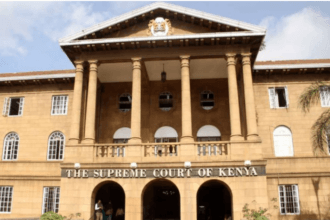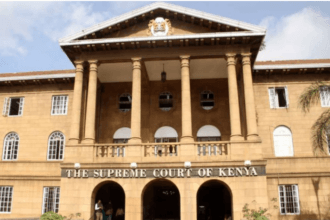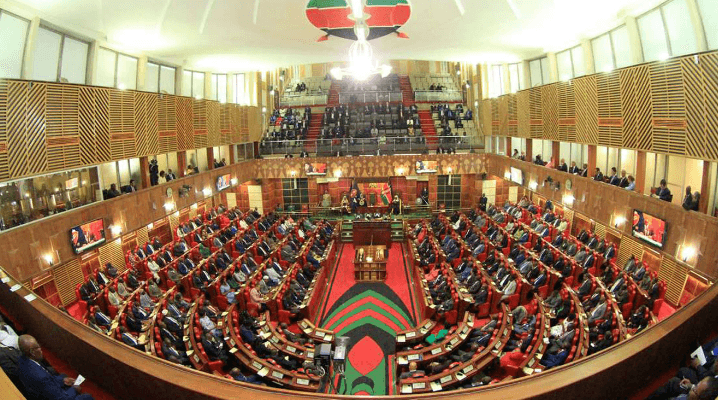
The High Court has issued a major ruling barring Parliament from forwarding the Constitution of Kenya (Amendment) Bill to President William Ruto for assent, pending the determination of a petition filed by Katiba Institute. In its ruling, the court emphasized that the constitutional concerns raised in the petition were not frivolous, but posed “weighty constitutional questions” that deserve full judicial consideration
Suspending what is reasonable serves the public better than proceeding with a doubtful process which could lead to problematic constitutional amendment
Justice Lawrence Mugambi Court Dismisses ‘Ripeness’ Argument
The judges rejected arguments that the case was premature, holding that the doctrine of ripeness does not apply in this instance. Instead, the court affirmed its jurisdiction to hear and determine the dispute at hand.
The matter has now been referred to Chief Justice Martha Koome, who will appoint an even number of judges to hear and decide the petition in accordance with constitutional guidelines on constitutional interpretation.
In the meantime, the court issued a firm directive that the Bill shall not be forwarded to the President for assent. If already assented to, it shall not take effect until the petition is fully heard and determined.
Key Arguments by Katiba Institute
At the heart of the legal challenge are two central arguments presented by Katiba Institute:
The Bill Is Constitutionally Superfluous– Katiba Institute argues that the entire Bill is unnecessary, asserting that the funds proposed in the amendment are inconsistent with the letter and spirit of the Constitution. The petitioners claim the Bill contradicts constitutional principles of public finance prudence, and lacks justification
Referendum Requirement Ignored– The second key argument is that certain provisions within the Bill require approval through a referendum. Katiba Institute faults Parliament for failing to enact a referendum law, which is a constitutional requirement. Without such a law in place, they contend, any constitutional amendment process that involves the public directly is unlawful.
Conclusion
The petition will now be heard by a special bench of judges to be appointed by the Chief Justice. Legal experts say the outcome of this case could have far-reaching implications on future constitutional amendment efforts in Kenya.
As the nation awaits the next steps, this case stands as yet another moment of judicial scrutiny over legislative power and constitutional integrity themes that continue to define Kenya’s democratic evolution.





